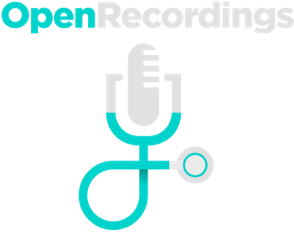
Providing Recording of Clinical Consultation to Patients—A Highly Value but Underutilized Intervention: A Scoping Review
Principal Investigator
TKTK
Public Health Relevance
The facilitation of patient engagement and autonomy has become an increasingly salient debate in the medical community. This trend, along with the pervasiveness of technology, has the capability to fundamentally alter the modern public health landscape. Existing technology makes possible the recording of physician visits by all patients, and the benefits of such recordings has been well documented. An expansion of research on this subject has the potential to define best practices regarding patient use of audio recording as well as shed light on potential medico-legal and ethical pitfalls of their use.
Funding Source
The Dartmouth Center for Health Care Delivery Science
Project Period: Oct 2013 – Feb 2014
Other Project Staff
The Dartmouth Center for Health Care Delivery Science, USA: Maka Tsulukidze, Paul J. Barr, Glyn Elwyn, Department of Psychology, University of Hertfordshire, UK: Marie-Anne Durand, Biomedical Libraries, Dartmouth College, USA: Thomas Mead
Project Summary
It has long been suggested that audio recordings have the ability to play an important role in physician-patient communications, but existing research has scarce outlined the enormity of this potential. Previous studies have predominantly been contained within specialties, namely oncology and pediatrics. The narrow focus of existing research merits a comprehensive overview that could facilitate the generalization of research into the impact of audio recordings across all clinical specialties. This scoping review successfully compiles existing studies (n=33) pertaining to the use and impact of audio recordings, extracts overlapping themes within these studies, and identifies areas that require further exploration. The studies in aggregate establish that the patient benefits pertaining to information recall, understanding of information, and positive perceptions of the practice are consistent across the specialties examined, but research disproportionately focuses on oncology. This study also found that additional research is necessary in areas including, but not limited to, a wider array of clinical areas, provider and organizational views of audio recording, the standardization of outcome measures, and individual patient characteristics that may help target specific patient groups for the application of audio recordings.

